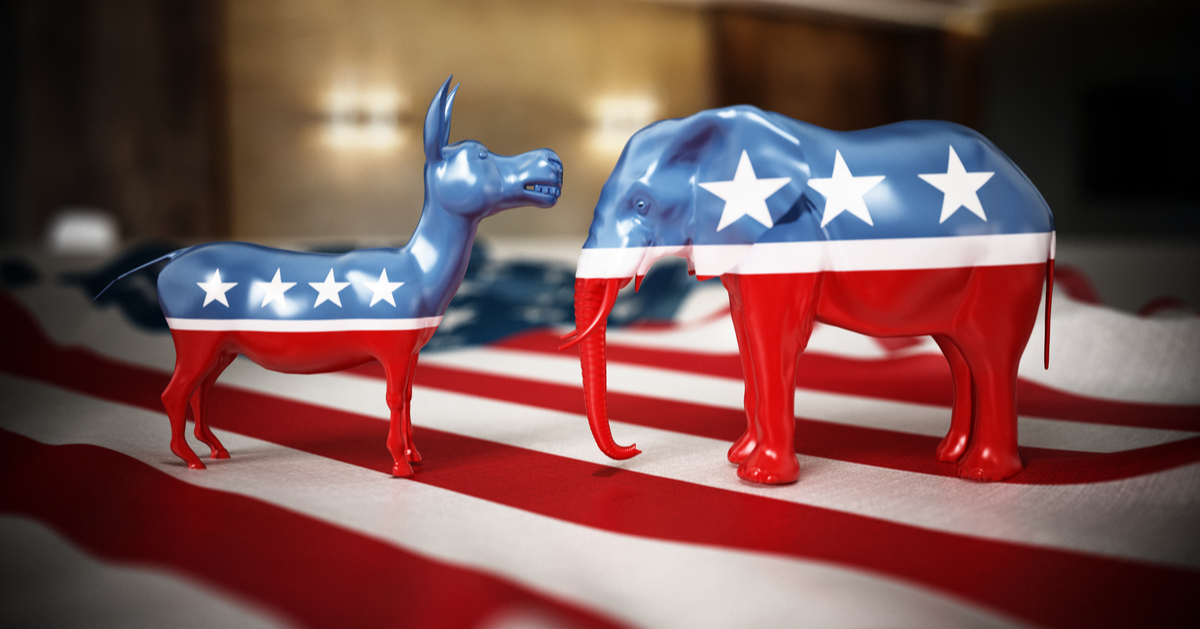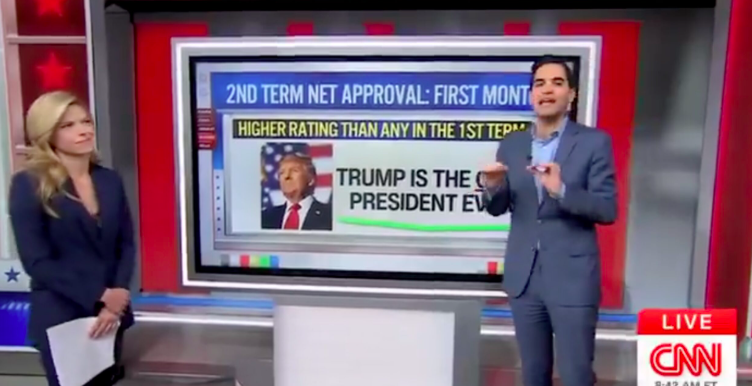Former Congressman Joe Walsh, once a fervent supporter of the Republican Party, has made the surprising decision to join the Democrats. He labeled President Donald Trump as a “tyrant” and branded the GOP as a “threat to Democracy.” Walsh, who parted ways with the Republican Party in 2020, made this announcement on his Substack platform.
In a bold statement, Walsh declared, “Three words I never thought I’d ever utter: I’m a Democrat.” His shift is significant, as he was once a prominent TEA Party champion and even ran for President as a Republican. He emphasized that the stakes are too high not to join the Democratic Party in these times.
Walsh paints a grim picture of the current political climate, stating, “A tyrant sits in the White House.” He believes that one of the major political parties poses a direct threat to democracy and the rule of law. According to him, these are unprecedented and dangerous times for America.
Highlighting the need for unity, Walsh argues for “a broad coalition of moderates, progressives, and, yes, even conservatives.” He had briefly challenged Trump in the 2020 Republican primary before endorsing Joe Biden. Walsh insists that defeating Trump requires collaboration across the political spectrum.
Despite his political shift, Walsh maintains his stance as “a border hawk, an unabashed gun rights advocate, and an unyielding defender of free speech.” However, he acknowledges that he has changed over the past years. By engaging with diverse perspectives, he claims to have gained a deeper understanding of various social issues.
Walsh criticizes third-party supporters, labeling their efforts as misguided. He claims that without freedom, democracy, and the rule of law, America would lose its essence. He believes that the Democratic Party currently upholds these core American values more than any other political group.
He dismisses the possibility of a viable third party emerging anytime soon. According to Walsh, the Democratic Party remains the sole defender and best hope for democracy. This view seems to disregard the concerns many have about the Democratic Party’s policies and actions.
Critics question where Walsh was while President Biden allegedly violated constitutional norms with numerous executive orders. They argue that Biden’s actions pose a greater threat to democracy than those of Trump. However, Walsh appears unfazed by these concerns, having fully embraced his new political affiliation.
Walsh views his transition as a move towards compassion and decency. Yet, skeptics argue that he is misguided if he believes Democrats hold a monopoly on these values. To them, his change in allegiance reflects a misunderstanding of the core issues facing the nation.
The shift in Walsh’s political ideology has sparked debate among conservatives and liberals alike. Some see it as a betrayal, while others view it as a sign of evolving political beliefs. Regardless of opinions, Walsh’s announcement has certainly stirred the political pot.
As the nation grapples with its deep political divides, Walsh’s decision adds another layer to the ongoing discourse. His choice underscores the complex nature of American politics today. The reactions to his move reveal the polarized state of political discourse in the country.
In these challenging times, the debate around democracy and governance continues to evolve. Walsh’s switch has intensified discussions around the core values that define American politics. As leaders and citizens alike navigate these waters, the outcomes remain to be seen.
Amidst the controversy, Walsh stands firm in his decision, advocating for what he sees as the best path forward. His journey reflects the broader shifts occurring within the political landscape. As with any significant change, it has its supporters and detractors.
The discourse surrounding Walsh’s decision reflects broader national conversations about identity and allegiance. As the political climate remains charged, individuals and parties reassess their positions. Walsh’s transition serves as a microcosm of the larger political realignment underway.
Despite the criticism, Walsh seems resolute in his newfound political home. His decision is emblematic of a larger trend where political identities are increasingly fluid. The implications of his switch are still unfolding within the broader context of American politics.
While the debate rages on, Walsh’s story is a reminder of the dynamic nature of political affiliations. It highlights the ongoing evolution in how individuals and parties align themselves. As the political scene continues to shift, Walsh’s journey offers insights into the current state of affairs.




Mental retardation is spreading rapidly.